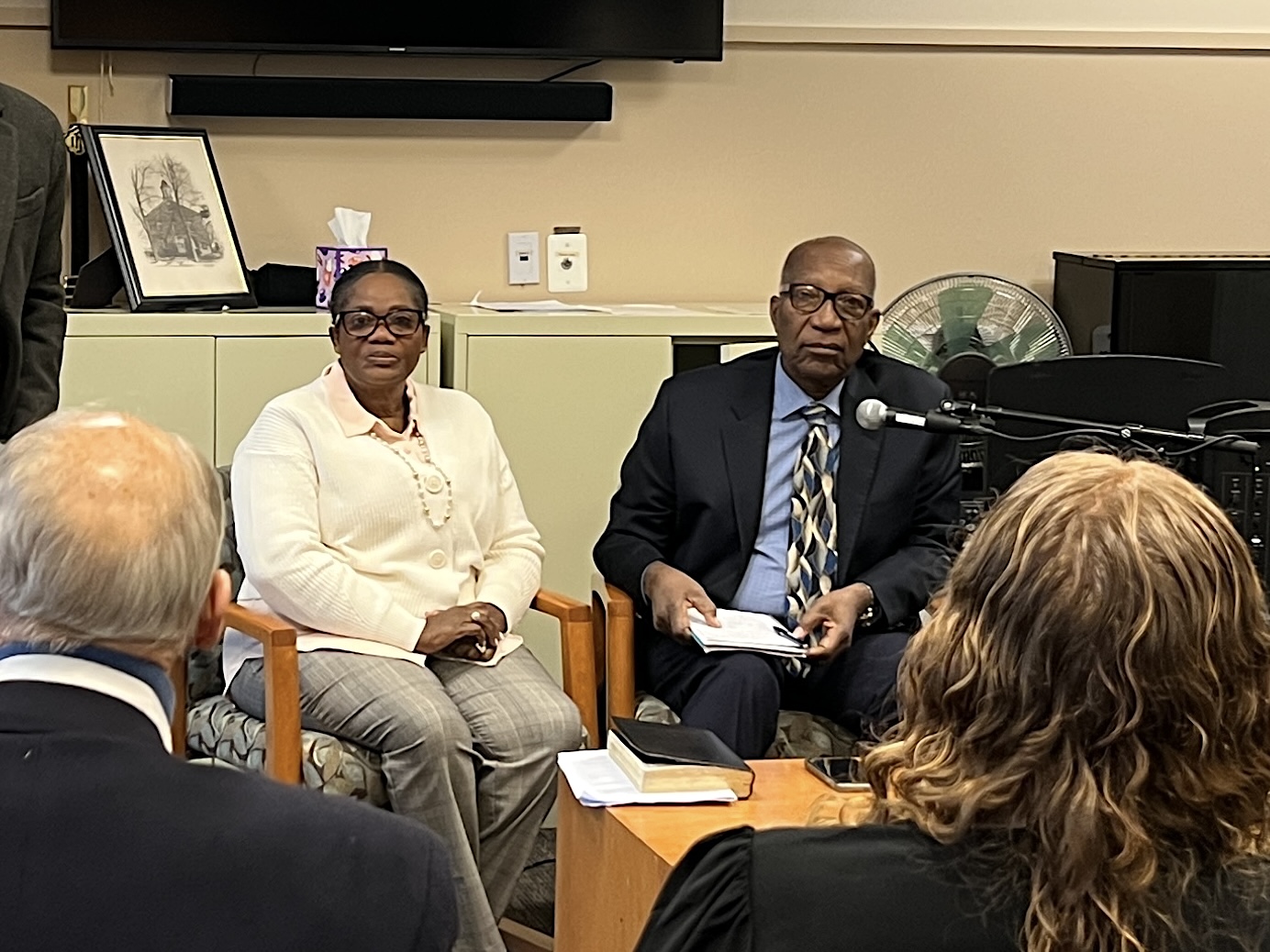- Pursues a healthy lifestyle
- Feels responsible for promoting human welfare
- Affirms religious diversity
- Embraces gender and racial equality
- Is accepting of other people
- Affirms the sanctity of creation
“Is it not one of the problems of religious life today that we have separated ourselves from the poor and the wounded and the suffering? We have too much time to discuss and theorize, and we have lost the yearning for God which comes when we are faced with the sufferings of people.” (Jean Vanier)
The Hebrew word for peace is “shalom.” Shalom means more than freedom from strife or warfare – shalom also connotes wholeness, completeness and wellness in the physical, emotional and spiritual realms. So when we say, “may the peace of Christ be with you,” we are expressing the desire for health, wholeness and wellness to be present in all areas of life.
What this means on a personal level is that we are committed to improving our own physical, emotional and spiritual health. But our commitment reaches beyond ourselves to others in our families, our communities and our world. It means being willing to bravely step forward to right wrongs being done to fellow human beings. It means finding a voice when the voiceless need to be heard; offering help to those who are helpless; offering food to those who are hungry; offering hope to those who despair. Whether the wrongs being done are matters of prejudice, financial inequities, religious persecution, gender discrimination or power abuse, our faith calls us to work toward human thriving – to be people of shalom.
- Describe ways that you practice wellness. Which areas deserve more attention?
- What does it mean to embrace gender and racial equality at your workplace? In your circle of friends? In your neighborhood?
- List some attitudes or things in your life that you wish to change. What are the obstacles to these changes?
- What indicators could you use to mark your growth in this area?





